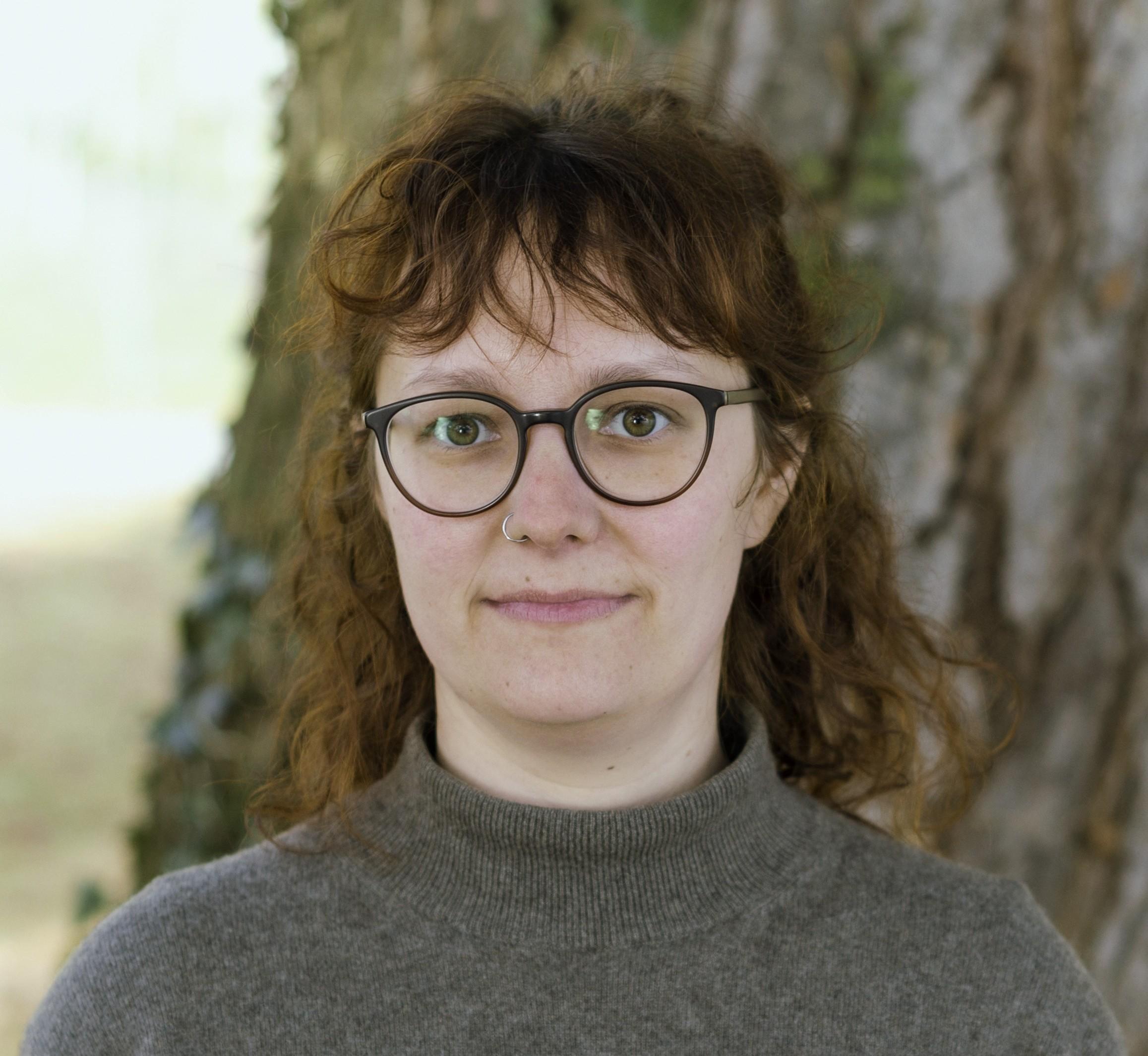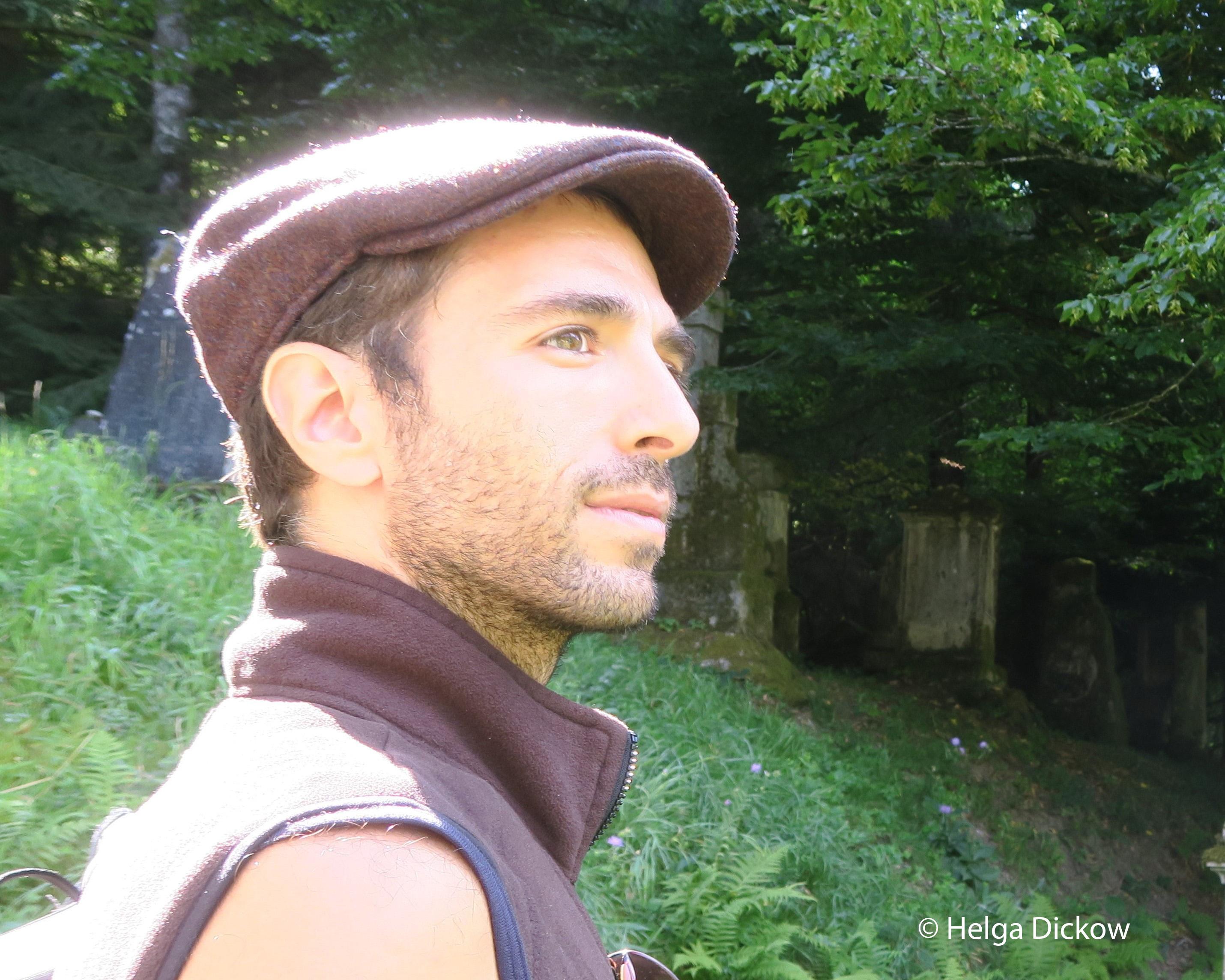Agnieszka Joniak-Lüthi
Agnieszka JONIAK-LÜTHI is Professor of Social Anthropology at the University of Fribourg and head of the project “Maintaining Relations: Community-owned Hydropower Infrastructure Through Time.”
Agnieszka graduated in China Studies at Adam Mickiewicz University, Poznan, Poland and completed her PhD in Social Anthropology at the University of Bern, Switzerland. She has held research and teaching positions at her alma mater, and at the universities of Bern, St Gallen, Zurich and Fribourg in Switzerland, LMU Munich in Germany, and Sichuan University and Xinjiang University in China. She has also been a visiting scholar at the University of Washington, Oslo University and the University of Cambridge.
Agnieszka has spent more than four years studying and conducting research in China, first in the lush southwest, then in the megalopolises of Beijing and Shanghai, and most recently in the arid northwest. Since 2018, she has expanded her research to Kyrgyzstan and other Central Asian post-socialist countries, as well as to Central Europe. Between 2018-2023, Agnieszka led the research project ROADWORK: An Anthropology of Infrastructure at China's Inner Asian Borders, which focused on roads being built in the China-Central Asia borderlands as part of the One Belt One Road Initiative. Since 2019, Agnieszka has also been the Editor-in-Chief of the Open Access journal Roadsides.
In the “Maintaining Relations” project, Agnieszka is addressing the question of how decentralized energy production can be successfully maintained over time and how it can strengthen economic and social structures in local communities. She is focusing on the Swiss Alps, where decentralized hydropower production has been in place for more than a hundred years, providing valuable knowledge to help answer these questions.











